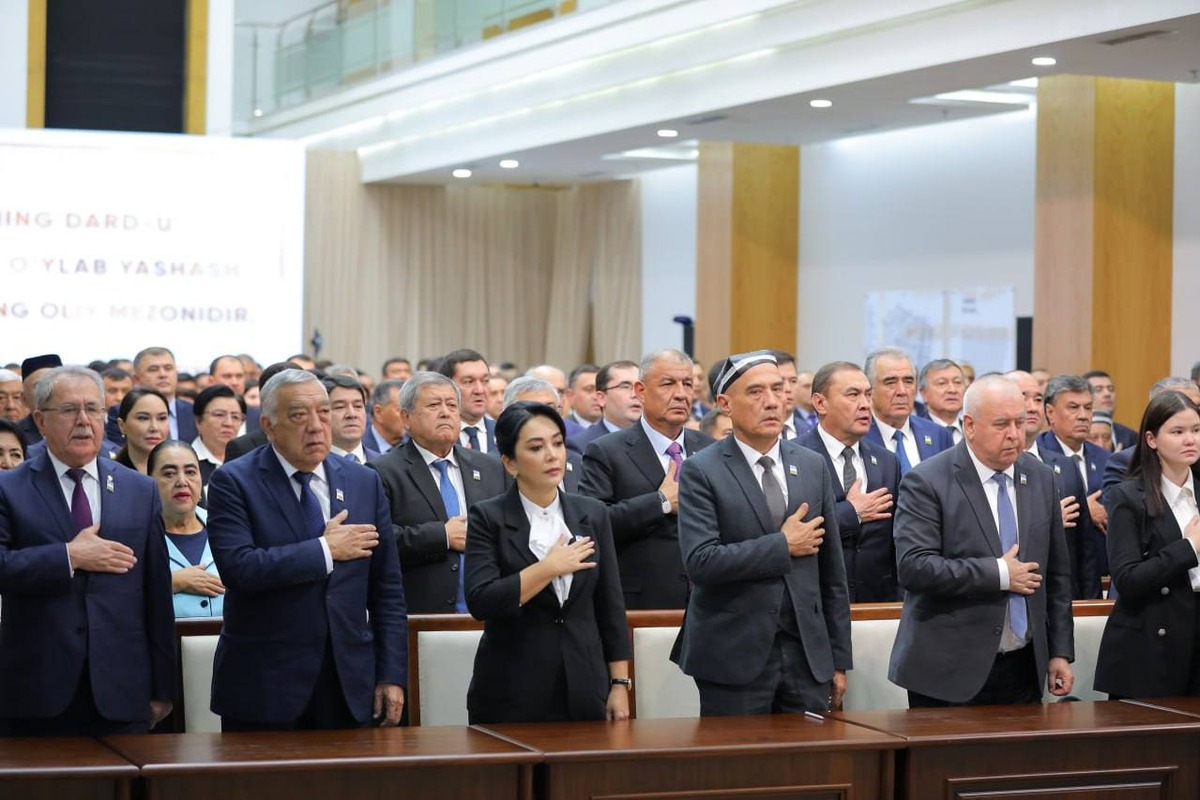Beginning January 1, 2025, Uzbekistan's regions will gain increased financial autonomy under a presidential decree issued on December 20 (UP-223). The initiative aims to gradually enable local budgets to fully cover their expenses using their income and internal resources.

Under the new framework, 100% of revenues from turnover tax, property tax of legal entities, land tax from legal entities, and income from leasing state assets will be allocated to local budgets. Additionally, at least 50% of revenues from personal income tax will remain in local budgets, with exceptions for districts and cities where large taxpayers or entities with income exceeding expenses contribute to the tax base.
Revenue from the sale of shares or stakes in khokimiyat-owned assets will be distributed equitably: 90% of the proceeds will be split between the republican budget of Karakalpakstan, the regional budget of other regions, the city budget of Tashkent, and the budget of the district or city where the asset is located. A portion of these funds may be deducted for specific expenses, as stipulated by law.
The decree grants local governing bodies, such as the Jokargy Kenes of Karakalpakstan and the Kengashes of People's Deputies in the regions and Tashkent, the authority to identify additional revenue reserves starting in 2025. Measures include setting fixed tax rates for individual entrepreneurs based on local economic conditions and adjusting the minimum rent for real estate.
Local councils will also have flexibility to adjust certain tax rates. For instance, they may:
- Increase the tax rate for the use of water resources within a range of 0.7 to 1.5 times, excluding agricultural enterprises, utilities, power plants, and large taxpayers.
- Raise the tax rate for extracting non-metallic building materials (excluding limestone used in cement production) up to 1.3 times.
Regional leaders, including the Chairman of the Council of Ministers of Karakalpakstan and regional khokims, can utilize the Entrepreneurial Infrastructure Development Fund to support large-scale projects and provide engineering and communication networks for land plots to be auctioned online.
Currently, the approach to distributing personal income tax revenues varies by region. For example, districts in the Fergana region retain 50% of personal income tax, while the Samarkand region retains between 10-50%, and the Syrdarya region retains 3-20%. In contrast, districts in Tashkent, Navoi, and the Tashkent region retain 100% of personal income tax.
The changes aim to address disparities and incentivize local governments to support economic activity and formalize businesses. In his speech to the Legislative Chamber of the Oliy Majlis on November 18, President Shavkat Mirziyoyev emphasized the importance of retaining 100% of land, property, and turnover taxes, along with at least 50% of personal income tax, within district budgets.
Comments (0)